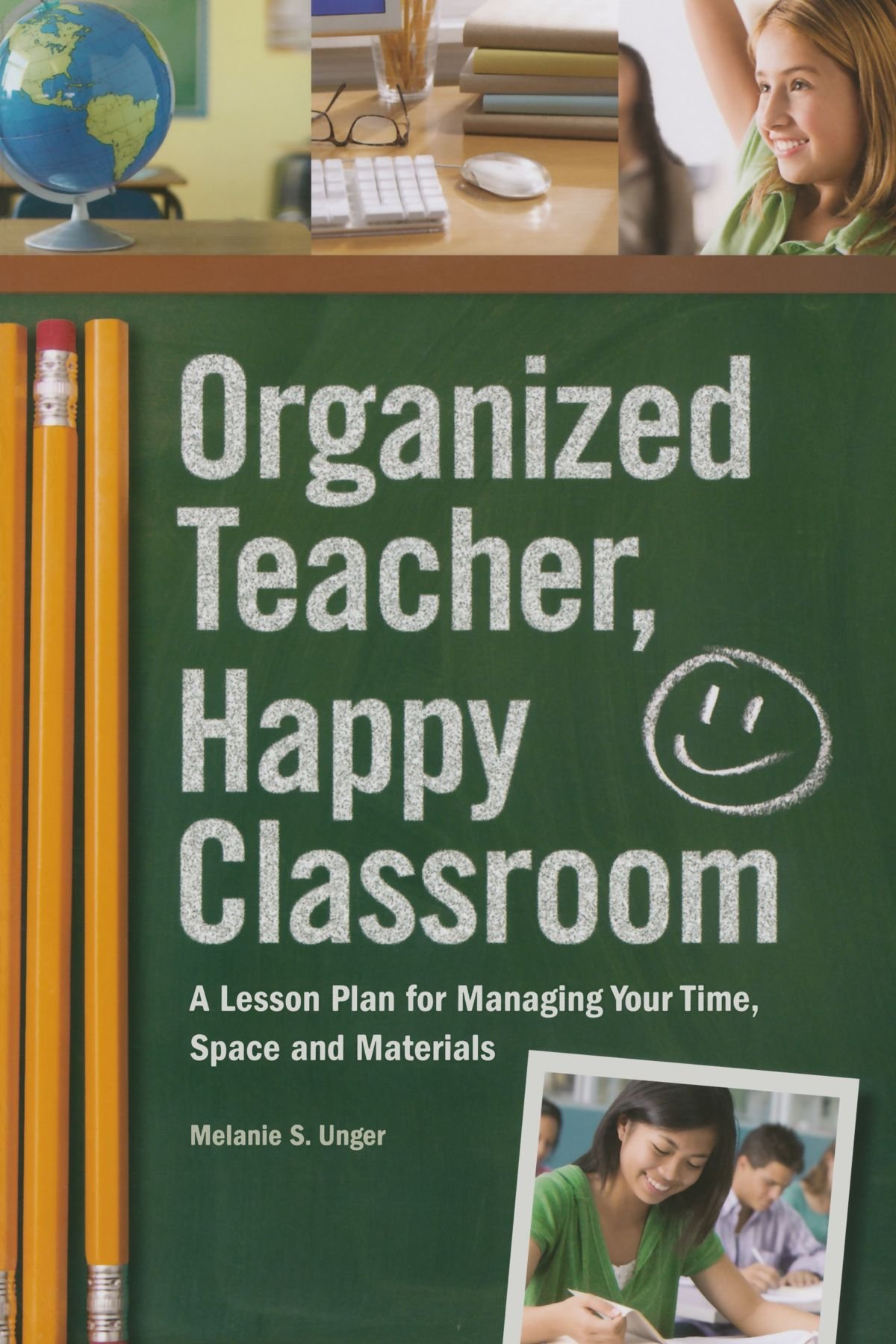What TEACHERS Need to Know:
What does it mean for a student to be gifted? How to identify gifted students? What are the best instructional practices?
One main thing that I want to point out is "gifted" does NOT mean your student is above average in every academic area. There are many different types and levels of giftedness. Don't assume gifted students know everything or that because they are academically advanced in an area, you don't need to worry about them. If they go unnoticed/unchallenged, you will hinder their learning experiences and may cause them to lose interest in school or become a behavior risk. As the teacher, you have the ability to modify the curriculum to meet their needs. Your gifted students should never be put on the back burner because they deserve your attention too!
“An effective approach to programming for gifted learners should be seen as a combination of three elements: accelerative approaches, in which instruction is matched to the competence level of students; enrichment approaches, in which opportunities for the investigation of supplementary materials are given; and individualization, in which instruction is matched specifically to the learner’s achievement, abilities, and interests.” (Feldhusen, 1998)
In each of our advanced learning classrooms, teachers of the gifted work to develop the depth and quality of their students’ learning experiences. The Florida Frameworks for K-12 Gifted Learners serves as a road map to assist the development of those goals.
Advanced learning opportunities can be accomplished by offering students the following:
• Pursue topics of study using greater detail;
• Tackle a wider range of tasks that applies real world work; and
• Advance through activities at a faster pace.
These advanced learning experiences are addressed in a differentiated curriculum that involves the modification of content (topic), process (activities), product (outcome), and/or the learning environment (classroom setting).
The seven goals of the Florida Frameworks for K-12 Gifted Learners can be applied to each subject area. In our middle schools, each of the advanced courses has extension activities to support the curriculum and extend the advanced learner beyond the state standards. Every summer, teachers of the gifted work to develop thought provoking and engaging activities that not only enrich the students’ learning, but also enhance the learning process. These various extension activities are aligned with the Florida Frameworks and take place throughout the district.
CCPS TEACHER Gifted Resources:
The best way to learn instructional practices and the process for identifying gifted learners is to take the 5 gifted endorsement classes (see link below).
http://www.collierschools.com/gifted/contact.htm
http://www.collierschools.com/hr/certification/GiftedEndorsement.pdf
What PARENTS Need to Know:
How do I know if my child is Gifted?
There are many clues that can tell you that your son or daughter is gifted. For example, your child may: Be highly motivated Be very curious Have a good memory Use advanced vocabulary Be a good problem-solver Be creative and imaginative Have many hobbies and interests Have clear learning goals Have a highly developed sense of humor. (Frasier, 1997)
How are gifted children identified in Florida?
In Florida, the Department of Education defines a gifted student as: One who has superior intellectual development and is capable of high performance, including those with demonstrated achievement and/or potential ability.
To be eligible for gifted program services, a student must:
- Demonstrate a need for programming beyond the regular classroom
- Exhibit a majority of gifted characteristics
- Display superior intellectual ability as measured on an intelligence test given by a certified psychologist
A gifted student may also be a member of an under-represented group who meets the criteria specified in the approved school district plan for increasing participation of under-represented groups in gifted programs.
Students may be referred to the school team for screening by teachers, parents, or student self nomination. A student is then evaluated through a screening process using the Kaufman Brief Intelligence Test, Second Edition (K-BIT2). Those students who demonstrate outstanding potential are further referred to the school psychologist for an individual psychological evaluation using the Stanford-Binet V; the Wechsler Intelligence Scale for Children, Fourth Edition; the Reynolds Intellectual Assessment Scales; the Universal Nonverbal Intelligence Test; or a similar test.
According to the State of Florida Criteria for Gifted, students must show superior intellectual development as measured by an intelligence quotient of two standard deviations or more above the mean on an individually administered standardized test of intelligence.
What if my child has already been identified as gifted in another county/state?
If you are moving into the district from out-of-state or from another county within the state of Florida, it is important to know about the Gifted Programs and the services that your school will provide.
Please bring with you all records indicating the services that your child received and contact the individual school for assistance. If your child has not been administered an individualized IQ test by a school or licensed private psychologist, a temporary placement can be made if they have been attending Gifted Programs in another state, but an IQ test will need to be done at a later date to show that they qualify according to the Department of Florida state rule.
Your child must also demonstrate the characteristics of a gifted student and show a need for programming beyond the regular classroom.
Collier County offers a continuum of services for the gifted from Kindergarten through 12th grade.
RESOURCES About Giftedness:
National Association for Gifted Children
Resources and information from collierschools.com. Visit for more information.


































